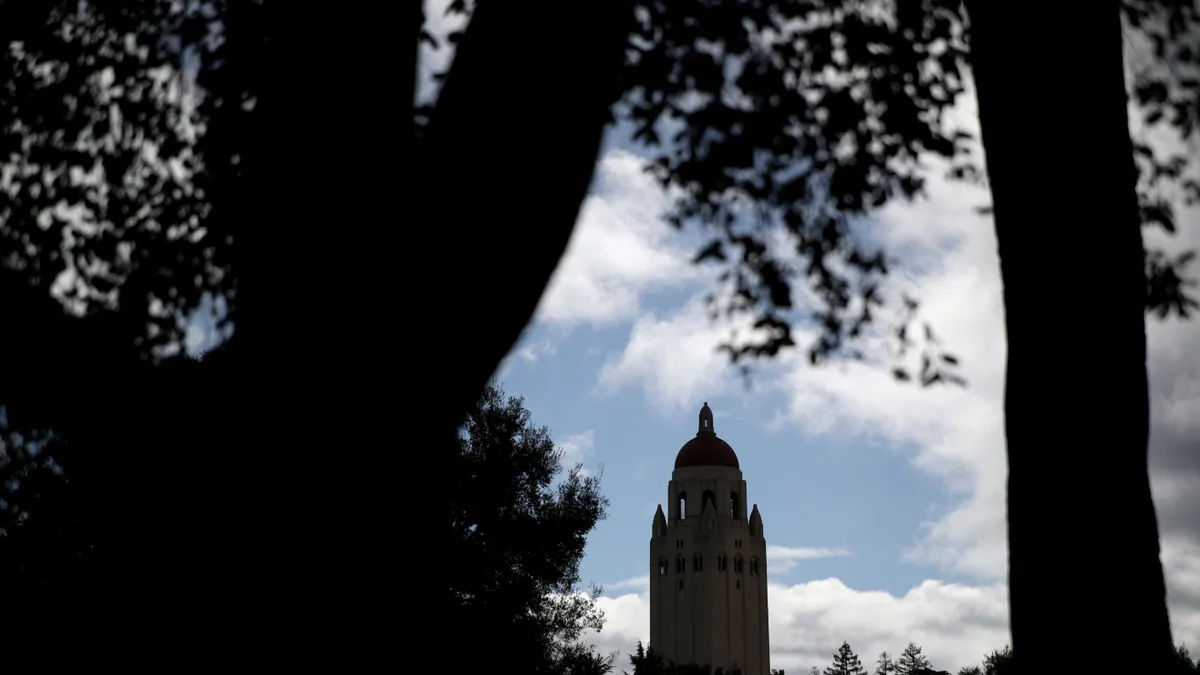An Israeli researcher sued Stanford University July 10 for allegedly allowing colleagues, amid campus-wide antisemitism, to subject him to a hostile work environment and cause him to be fired because he is Jewish and Israeli.
Per the complaint in Laps v. Leland Stanford Junior University, a few months after the October 2023 Hamas attack on Israel, the researcher was hired to work on an insulin project in a campus lab at the private, Palo Alto, California, university.
The researcher claimed when he started working, a lab assistant who associated with Palestinian activists told him not to talk to her, tried to isolate him from co-workers, delayed his supplies and tampered with his research.
He also alleged that in an effort to get him to leave, individuals, including the lab director, falsely told him a student had filed a sexual harassment charge against him.
After the university confirmed the charge was a ruse and no claim had been made, the researcher filed a discrimination complaint detailing the antisemitic-based hostility he was experiencing.
In response, the lab director fired him, locked him out of the lab and threatened immigration consequences if he didn’t leave, the lawsuit alleged. He then filed a retaliation charge against the lab director.
Stanford allegedly delayed investigating his complaints and narrowly reviewed his claims before concluding no wrongdoing occurred, according to the lawsuit.
Through a WhatsApp group, the researcher learned other Israeli and Jewish students and researchers were experiencing similar hostility, including from a graduate student who warned the group about using a floor in a main campus building besieged with anti-Israel signs and protests, the lawsuit said.
The researcher sued Stanford for religious and national origin discrimination and retaliation in violation of Title VII of the Civil Rights Act of 1964. He also sued the lab director for defamation and the university for breach of contract.
In an email to HR Dive, a university representative stated, “Stanford takes any allegation of antisemitism very seriously. In this instance and based on all the allegations that [the researcher] reported directly to the institution, a thorough investigation found that they were unsubstantiated.”
Combating antisemitism, particularly on U.S. college campuses in the wake of the Hamas attack on Israel, has been a priority of the Trump Administration.
In March, the U.S. Equal Employment Opportunity Commission and the U.S. Departments of Justice, Health and Human Services and Education, and the General Services Administration announced steps they would be taking to protect individuals against antisemitism at U.S. universities.
For example, as part of a federal task force, DOJ launched a Title VII investigation into the state-run University of California system to determine whether UC engaged in a pattern or practice of allowing an antisemitic hostile work environment to exist on its campuses.
Additionally, EEOC Acting Chair Andrea Lucas encouraged employees who experienced antisemitism on college campuses to submit a charge of discrimination.
Also in March, HHS, ED and GSA initiated a comprehensive review of New York City-based Columbia University’s federal contracts and grants in light of Columbia’s “ongoing inaction in the face of relentless harassment of Jewish students,” a press release said.











